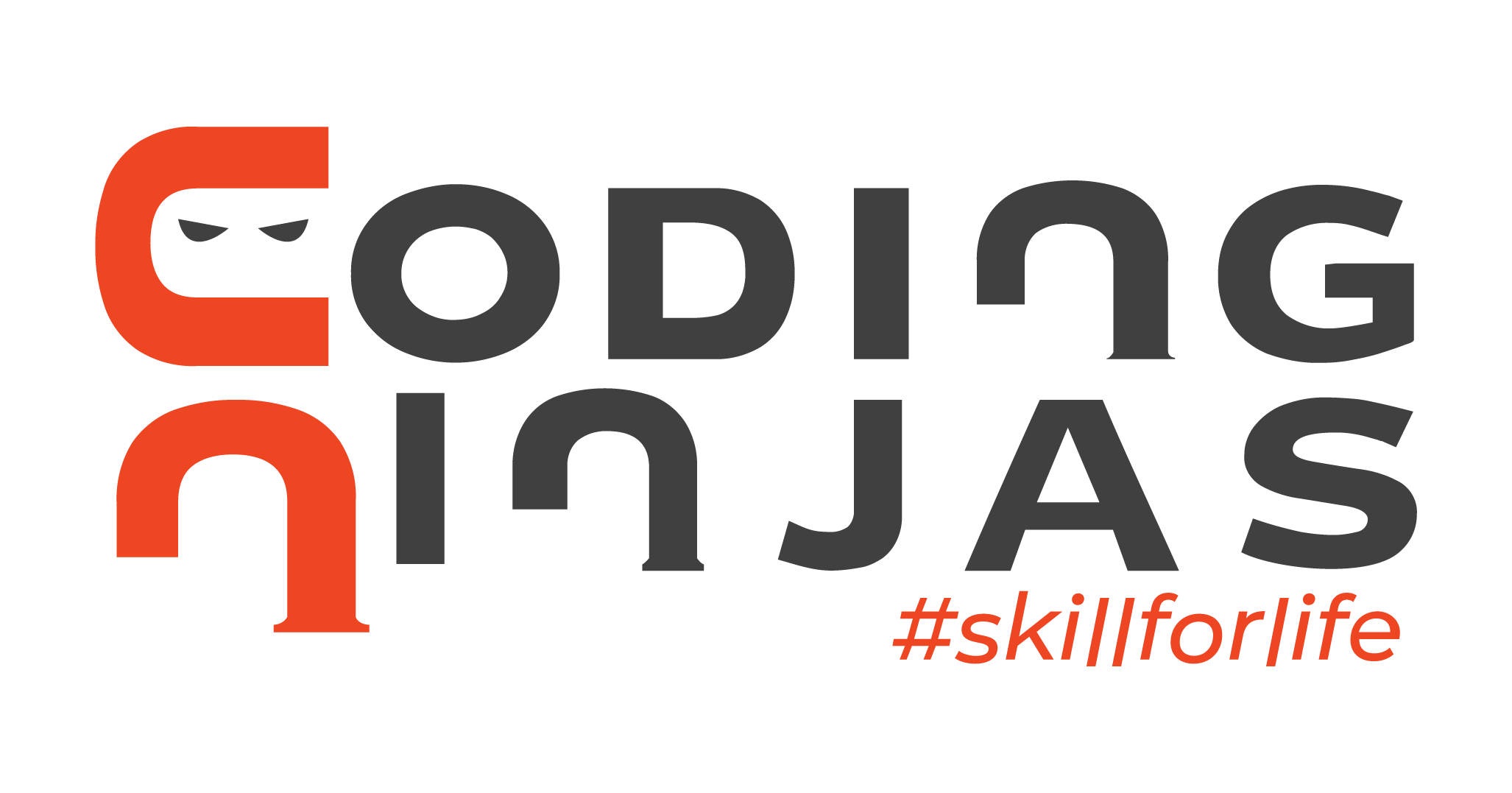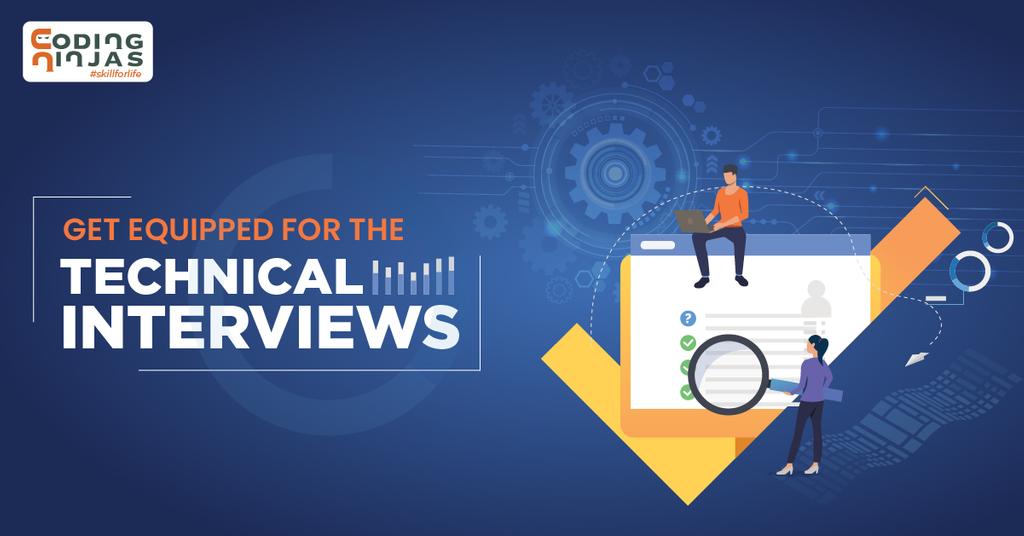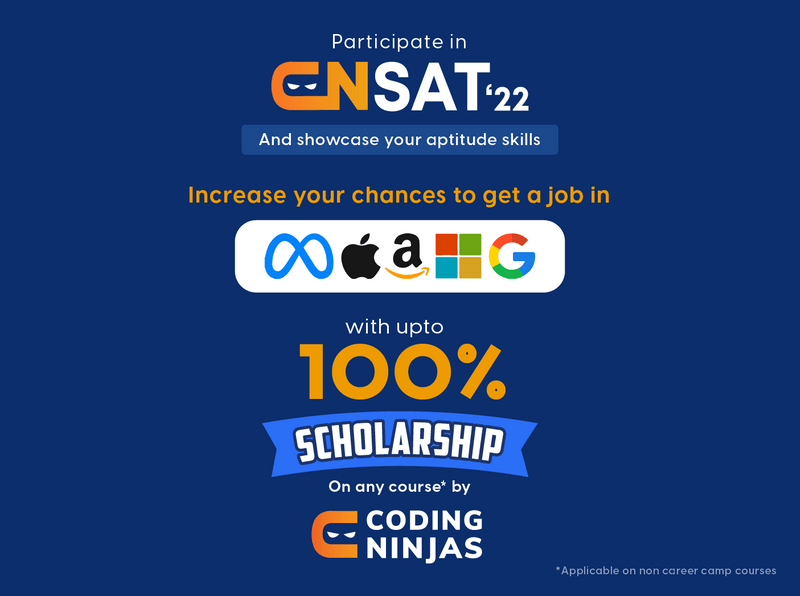Preparing for a technical interview involves a great deal of effort. Be it, managing time to solve a coding problem or clearing your concepts of programming, everything requires practice. There are two ways of analysing a question asked in the technical industry. Firstly, you should know what you are actually going forward with before starting to answer. Secondly, you must be ready with the explanations.
Table of Contents
Prepping the Basics for the technical interviews
To conquer every hurdle and especially for the interviews you have to get on practising. Learning and side-by-side implementing will help you get hands over the complex problems with ease. There’s no rocket science it’s all about clearing minute concepts so that you can simplify the bigger problems. There are different approaches which you can opt, taking care of your reasoning and problem solving beforehand will help you get through a coding interview. Just remember, you can’t expect extraordinary things unless you take risks and share your thoughts while solving a problem.
Pre-Interview Tips
Everybody is nervous a day before the interview and moreover it’s good as it shows how important this job is for you. But take it slow, don’t let it overpower your control.
- Try to be 15 minutes early before your interview is scheduled
- Read answers to the most commonly asked interview questions
- Read about the company and what products they are dealing with to understand your role better
- Keep an extra copy of your resume with you!
- It happens that sometimes you don’t understand the question, ask again and clarify your doubts.
- If you have some knowledge about the question, take a moment to tell what you do know.
- There will be few instances when you won’t be able to understand the question or you don’t have the answer, tell them and clear the air because you don’t want an awkward silence.
Post-Interview Tips
What exactly should you be doing after a job interview? The way you deal with the post-interview process is equally important as how you performed during the interview. Therefore, here are some tips that will help you catch up.
- Ask the interviewer how you should follow up
- Get the contact number of the interviewer
- Analyze your performance and how you felt about the company
- Note down all of your thoughts as it will help in self-analysing for the next interview
Keep the Communication Healthy
A good interview is when it is more than just answers to the questions asked by the interviewer. You must be equally prepared once the table turns. Here are certain useful questions to ask at the end of your interview:
- What does a typical day at work look like?
- What are the biggest challenges to handle in this position?
- What are the most immediate projects needed to be addressed?
- You can ask about their company culture.
- What are some of the career paths in this department or company?
- What are the next steps in the interview process?
However, you must not bombard the interviewer with a laundry list of questions. It’s advised to ask only the important questions and leave on a positive note.
Types of Technical Interviews
- Telephonic Screening: Assessing the candidate’s tone of voice is the major thing that interviewers consider while taking a telephonic interview. They are highly valuable as they speed up the process of an interview. It helps the companies to screen-down less suitable candidates. To ace your telephonic interview try to keep it short and simple. You must give direct and precise answers to transfer maximum information as quickly as possible.
- Remote Coding Challenge: In most of the technical interviews, a remote coding challenge, or simply an online coding test is conducted to test the coding skills of the candidate. You may be asked to invert a binary tree, write an algorithm, fix code or perform a business function.
- Onsite Interview and Whiteboard Challenge: A whiteboard challenge is not about how many new ideas a candidate comes up with, it’s about the candidate’s approach to a problem and while executing a problem, an interviewer looks for the following signs:
–Do you raise questions to understand the goal better?
-Do you make valid assumptions?
-Do you mention the weakness in your solution?
-Do you have any ideas to improve your solution?
Focusing on a good interaction with the interviewer during an onsite interview and a whiteboard challenge makes it easier for them to analyse the best fit candidate because in a whiteboard challenge you will get predictions to proceed to the next step while solving a problem, it’s just that you must know a ‘WHY’ for every decision you make. - Error Identification: You will be given some code or program and you can be asked to identify the mistakes in them. You can get through this only if you have a deep knowledge of syntax and other rules of a language or field. So, it again requires a lot of practice to keep your head up in the interview.
Conclusion
When it comes to technical interviews, it gets difficult to answer as per the interviewer demands an answer but remember that you have your own tricks to impress and no one can take your place, just never lose self-control. Appearing likeable and calm will help you make your first impression better.
Now, start practising and ALL THE BEST!















Leave a Reply